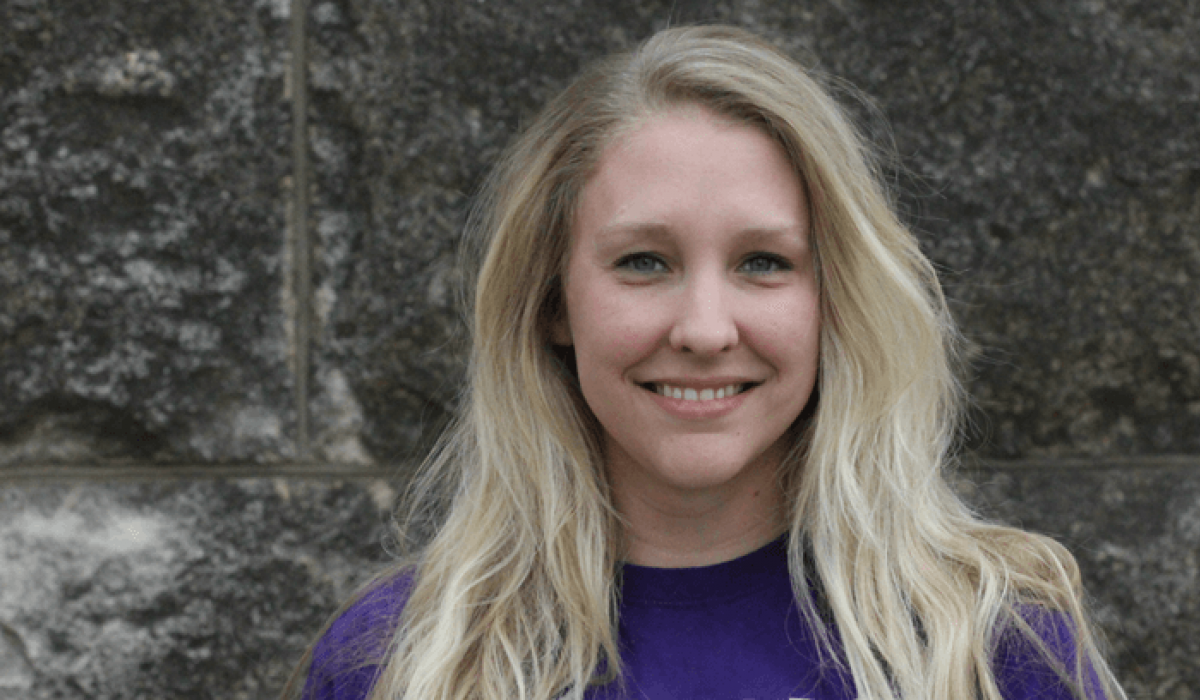
Alice completed her PhD in Spring of 2019 in the entomology department at Kansas State University. Growing up around agriculture, she became interested in understanding the biology and behavior of pest populations, primarily in livestock. Alice started her masters program at Sul Ross State University in 2009, and soon realized her research interests were centered on the factors pertaining to insect biogeography. She began her thesis research by studying ectoparasites of mammals, focusing particularly on domesticated livestock. At a regional level within the Edwards Plateau, she evaluated the relationship between the prevalence and abundance of parasites to changes in seasonality as well as the effects of habitat on ectoparasite biology. This work resulted in a better understanding of parasite activity within a season and lead to the development and implementation of control practices that targeted parasites during optimal times.
Alice arrived at Kansas State University in the fall of 2011 with her research interests remaining strong, but wanting to expand her knowledge base, chose to work with plant pests. Currently, she has been studying the biogeography and factors influencing the movement and range expansion of Dectes texanus, a native species to North America. The broader implications of her research will provide growers with information they need to successfully implement integrated pest management (IPM) strategies, thus allowing farmers to reach optimal yields. More specifically, she is investigating key factors, such as plant host phenology and host proximity, that influence the movement of adult D. texanus in central Kansas to develop site-specific pest management practices. In using geostatistical techniques combined with inexpensive protein markers (milk and egg white) and enzyme-linked immunosorbent assays (ELISAs), Alice has been able to address knowledge gaps on D. texanus behavior by monitor both whole populations as well as individual adult activity across soybean production fields. These tools have provided the insight not only into where adults are entering a field but also how long they are remaining in specific areas of the field. Alice has also employed remote sensing techniques to identify presence of D. texanus infestations by examining host plant phenology. In monitoring D. texanus infested soybean through time, she hopes to be able to identify spectral characteristics indicate of larval presence, which can aide in making management decision. If colonization patterns and host plant cues can be predicted based on sound biological principles, then soybean growers can have a solutions for managing D. texanus infestations.
Her Ph.D. research focused on IPM of D. texanus, and Alice’s longer-term goals remain strongly rooted in her interests of biogeography. Biogeography is the study of distributions and ranges of living organisms and I believe it can also play a key role in decision-making. People working in IPM, whether it is in field crop or not, know that a species distribution and reasons for such distributions play an integral part in developing and adoption of any management strategy. Conducting research in this system has given Alice the opportunity to gain many skills that can be applied in future research endeavors that will allow her to better understand organisms, including plants, animals, and the insects that feed on them.
Alice is now the Technical Service Representative for BASF in Columbus, OH.
